Best Seasons for Fire Restoration
Determining the optimal time for fire restorations depends on various factors including weather conditions, availability of restoration services, and the extent of fire damage. Typically, fire restorations are most effective when performed during periods of stable weather, avoiding extreme cold or heat which can hinder repair processes. Scheduling restorations in the spring or early fall can facilitate better working conditions and quicker turnaround times.
Spring and fall often provide ideal weather for fire restoration projects, reducing delays caused by weather-related issues.
Restoration companies may have more availability during off-peak seasons, allowing for faster scheduling.
Extreme temperatures and precipitation can delay restoration work or compromise materials used.
Filing claims promptly can expedite restoration scheduling, regardless of the season.
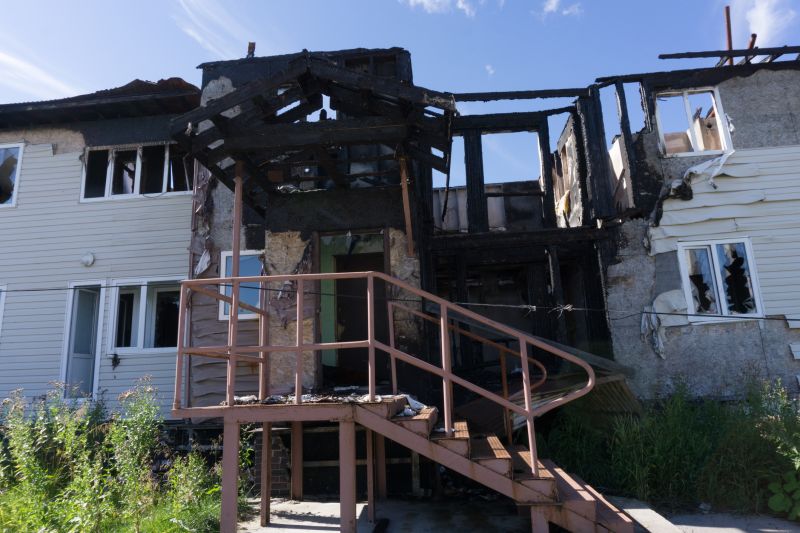
Initial evaluation to determine scope of fire damage.
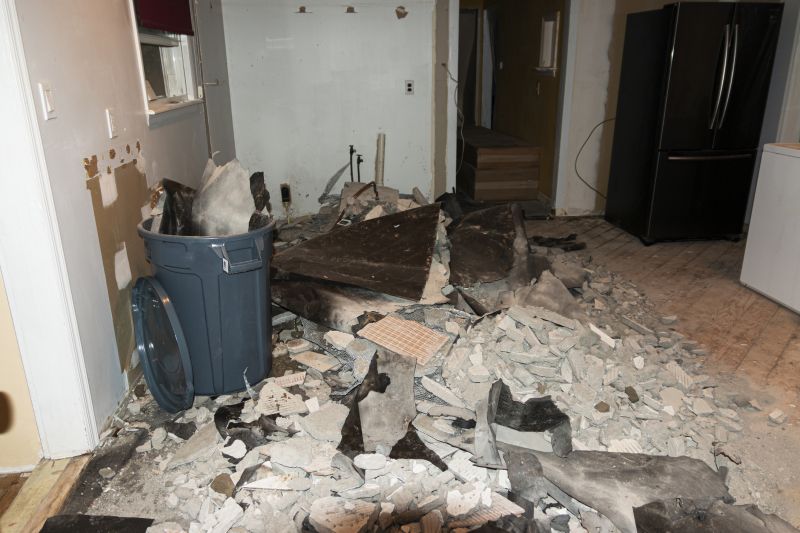
Removing soot, ash, and damaged materials.
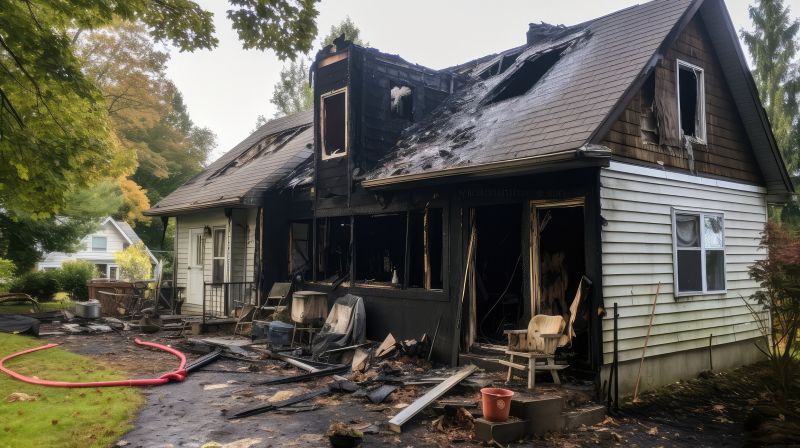
Restoring the integrity of the affected structure.
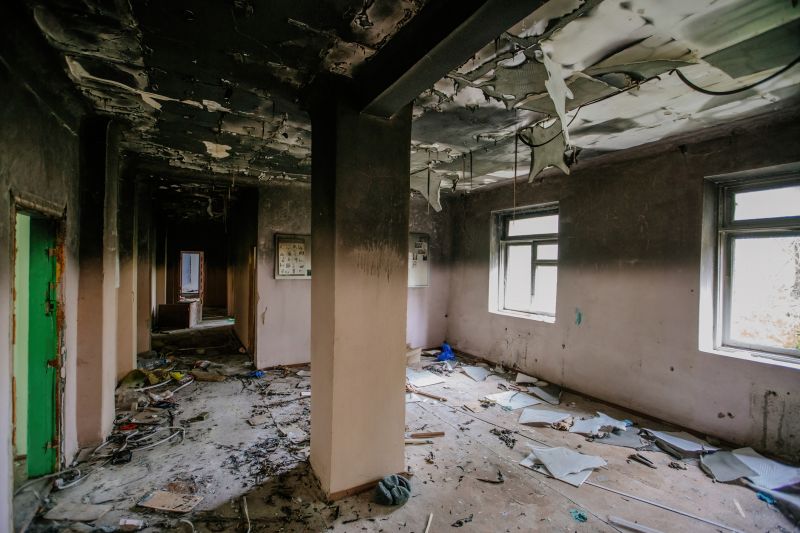
Ways to make Fire Restorations work in tight or awkward layouts.
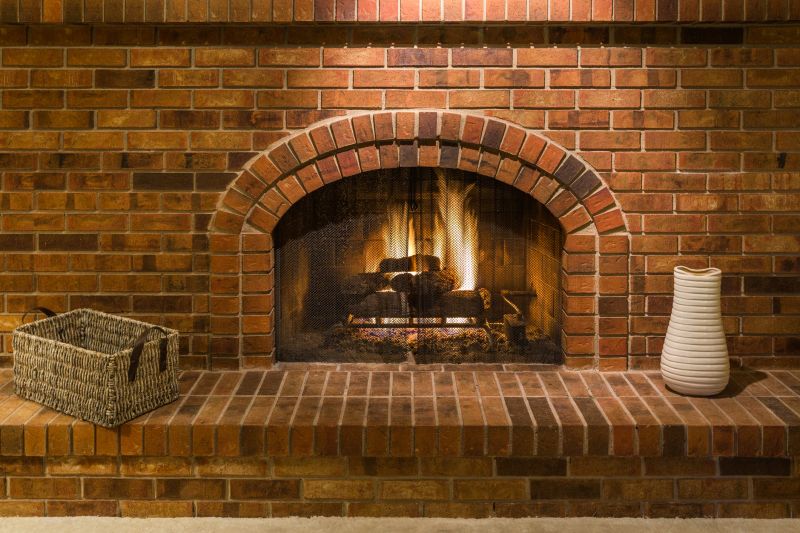
Popular materials for Fire Restorations and why they hold up over time.
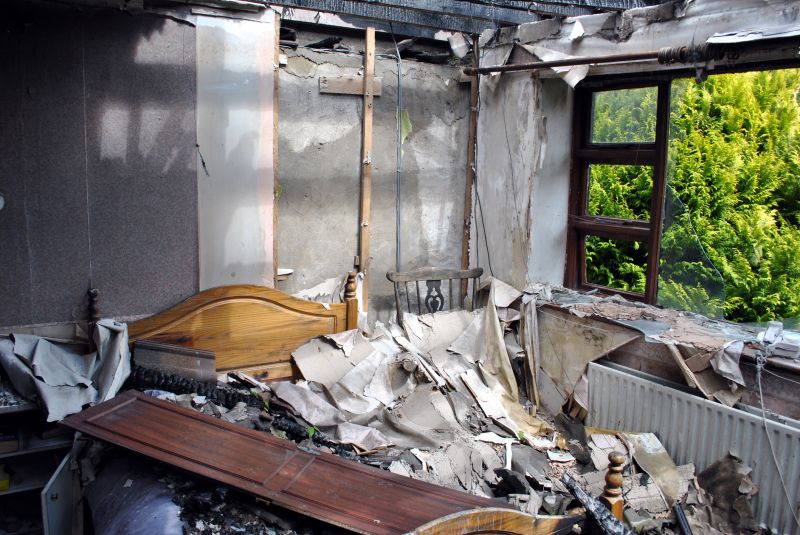
Simple add-ons that improve Fire Restorations without blowing the budget.
Fire restorations involve a comprehensive process to return a property to its pre-fire condition. This includes debris removal, cleaning soot and smoke residues, repairing structural elements, and restoring electrical and plumbing systems. The process can be complex, requiring specialized equipment and expertise to ensure safety and effectiveness.
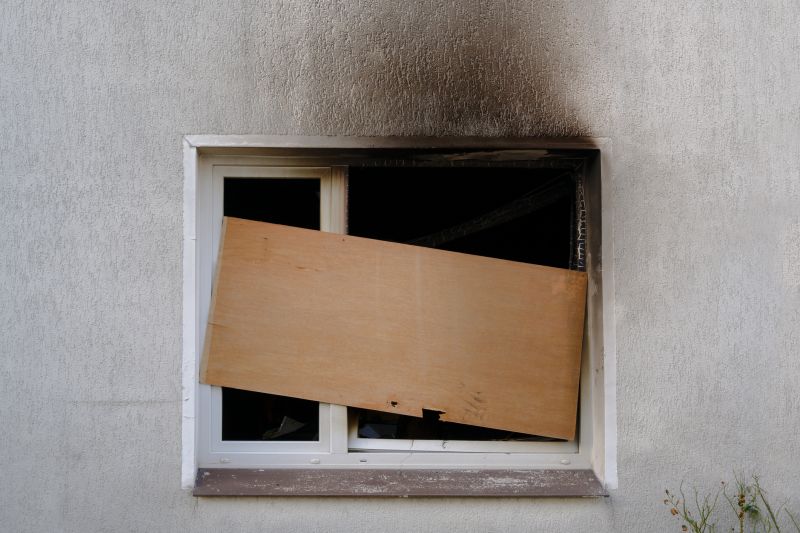
Removing smoke residues from surfaces and contents.
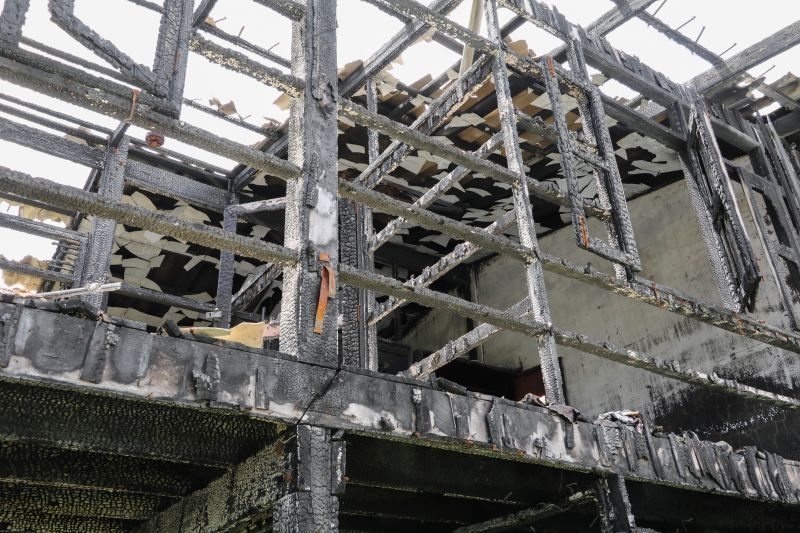
Rebuilding and repairing damaged frameworks.
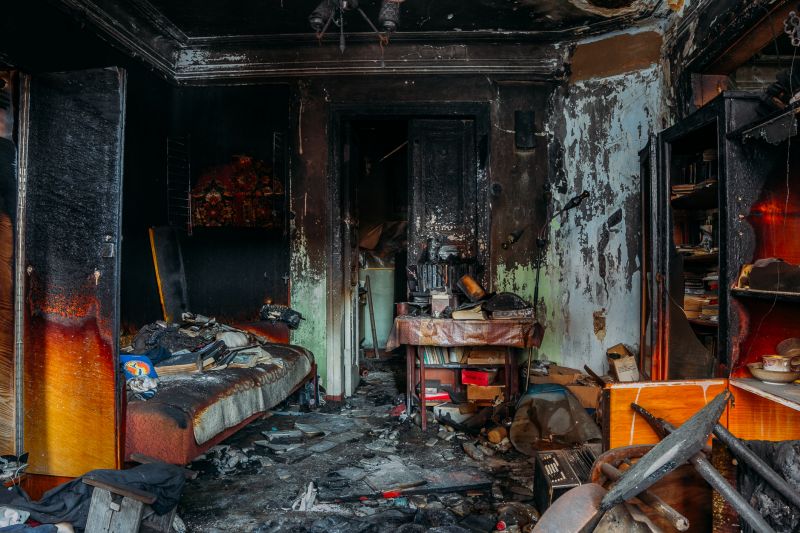
Restoring personal belongings affected by fire.
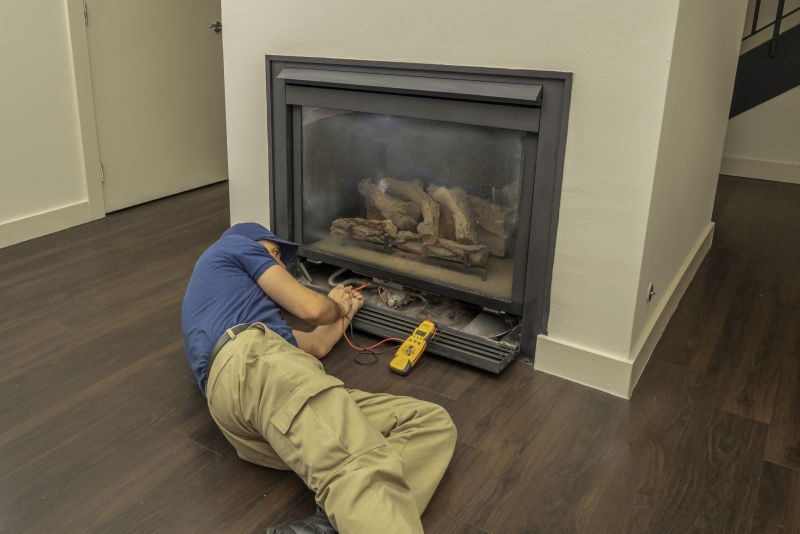
Ensuring all restoration work meets safety standards.
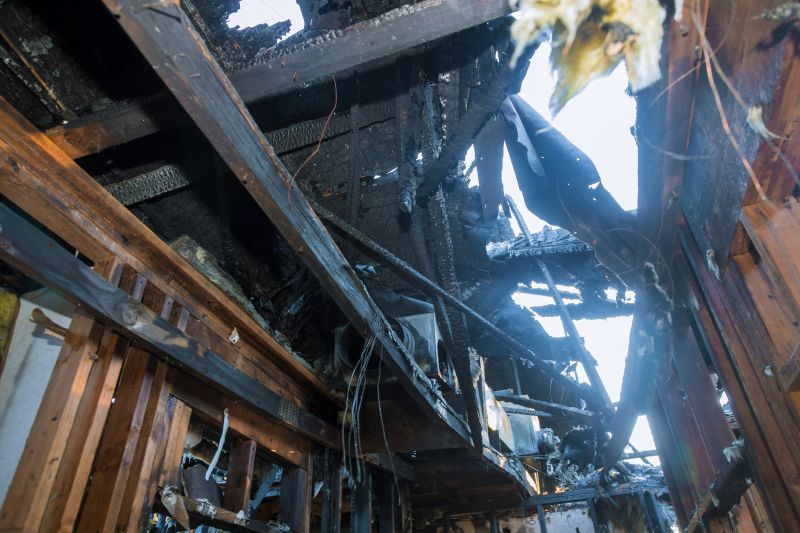
High-end options that actually feel worth it for Fire Restorations.
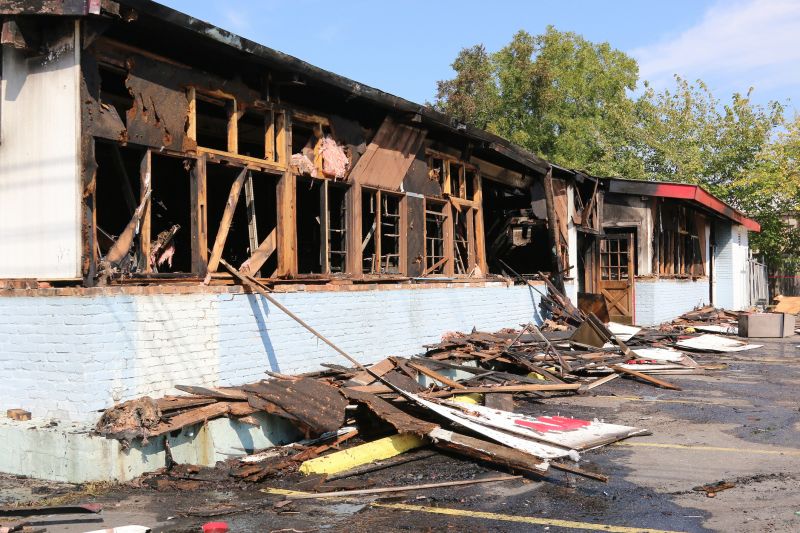
Finishes and colors that play nicely with Fire Restorations.
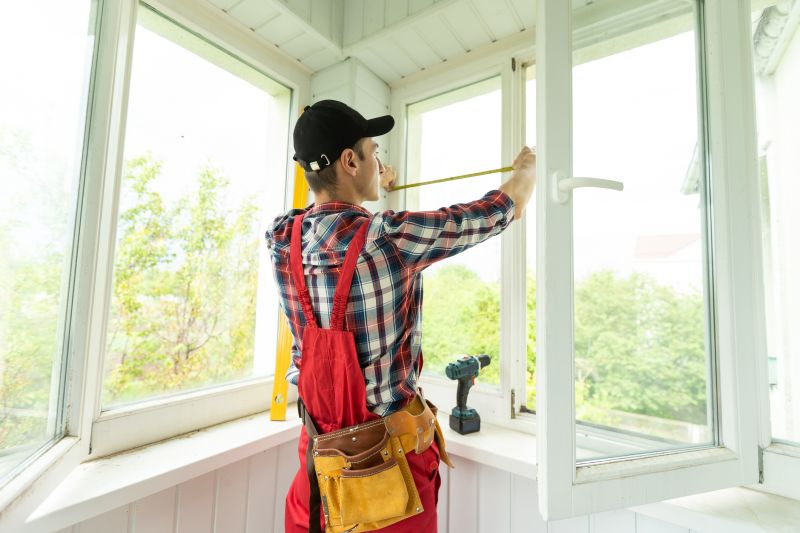
Little measurements that prevent headaches on Fire Restorations day.
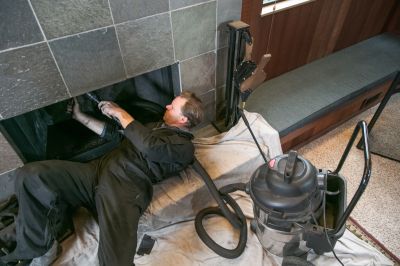
A 60-second routine that keeps Fire Restorations looking new.
| Aspect | Details |
|---|---|
| Optimal Seasons | Spring and fall offer better weather conditions for restoration work. |
| Emergency Response | Immediate action reduces further damage and costs. |
| Weather Impact | Extreme cold or heat can delay or complicate restoration. |
| Service Scheduling | Off-peak seasons may allow for quicker appointment availability. |
| Damage Extent | More extensive damage may require longer restoration periods regardless of season. |
| Insurance Processing | Prompt claims can facilitate faster scheduling. |
Timely fire restoration is essential to minimize damage and restore safety. Early intervention, combined with appropriate timing, can lead to more efficient repairs and better outcomes. Understanding seasonal factors and coordinating with restoration professionals can help ensure the process proceeds smoothly.
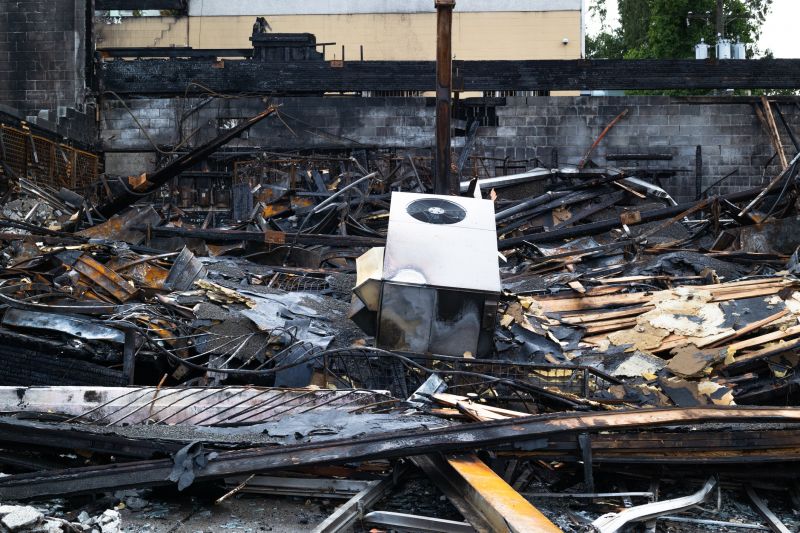
Restoring structural integrity after a fire.

Deep cleaning to eliminate smoke residues.

Rebuilding affected areas to original condition.

A frequent mistake in Fire Restorations and how to dodge it.

Small tweaks to make Fire Restorations safer and easier to use.

Lower-waste or water-saving choices for Fire Restorations.
Interested parties are encouraged to contact for detailed assessments and tailored restoration plans. Prompt action can help mitigate long-term damage and facilitate a smoother recovery process.
